
Circuit Theory and Applications
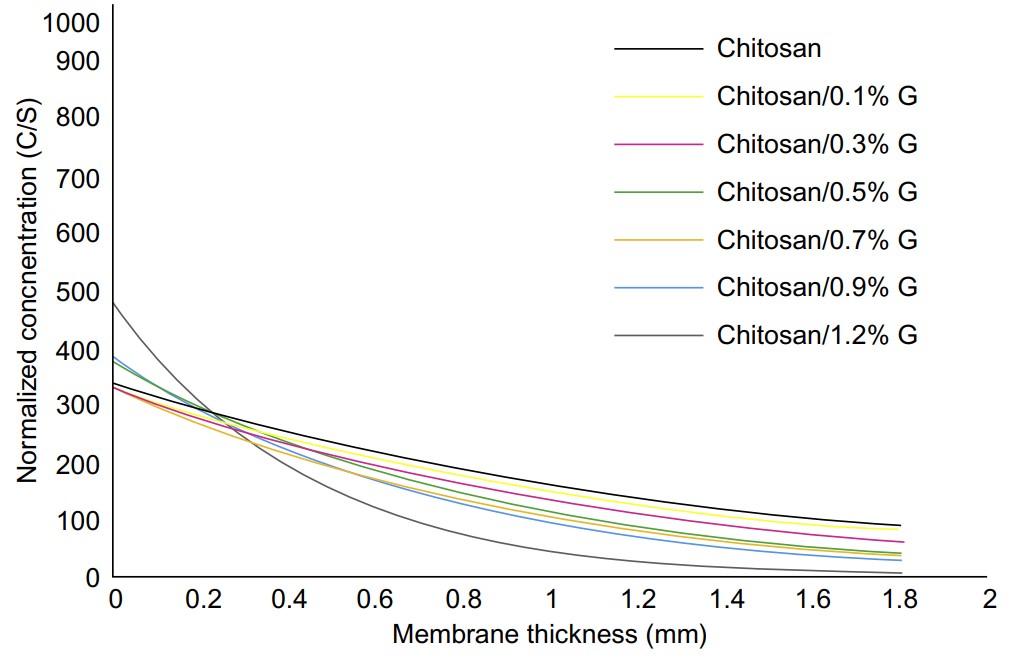
Design and fabrication of CNT/graphene-based polymer nanocomposite applications in nanosensors
Development and improvement of nanosensors have been active research areas over the last few decades. Many materials and compounds have been investigated for their sensing properties. This work is concerned with developing a new sensing layer for gas sensors based on chitosan as a polymer enhanced with graphene as a nanofiller. The graphene used for preparing the chitosan solution was at 0.1, 0.5, and 1 wt%. Many characterizations (such as using different pore size, gas permeability, mechanical properties, and electrical resistance) were tested to give full insight into the nanocomposite
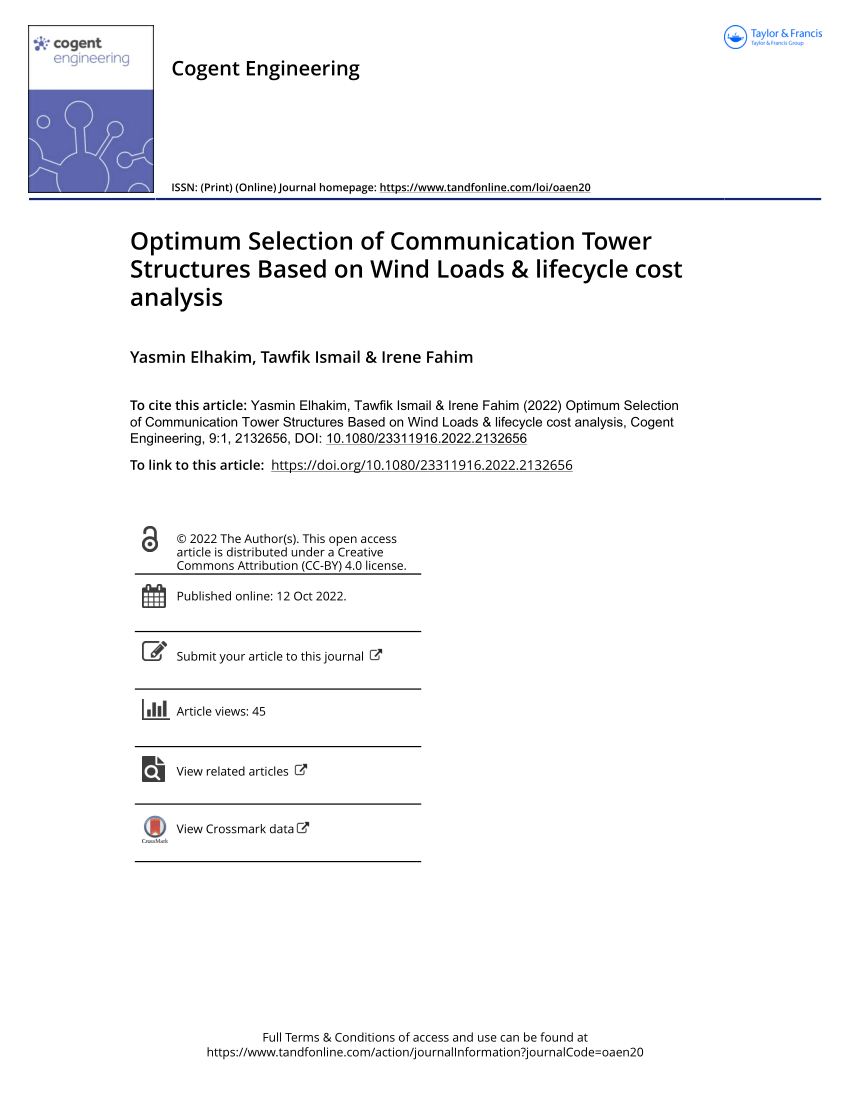
Optimum Selection of Communication Tower Structures Based on Wind Loads & lifecycle cost analysis
Communication towers are vital assets in our daily lives as they transfer signals between cell phones facilitating communication and commerce among people and businesses all around the world. Wind loads are crucial in the communication towers design since they are tall and slender. With climate change bringing more storms and higher wind speeds, it is more crucial to research the finest tower structure that withstands such conditions with the least life cycle cost. Therefore, in this paper, a comparative case study is performed between 45 m height lattice tower and monopole tower in Egypt. Two
Comparative Analysis of Wind-loaded Telecom Tower Structures with Recommendations
Telecommunication towers are essential infrastructure in today's fast-paced world. Lattice self-supporting towers, monopole towers, and guyed towers are the three types of structures that can be used for telecommunications towers. When analyzing telecom tower loads, wind loads are the most important ones to address. As a result, it is necessary to choose an appropriate structure that can withstand the wind and the surrounding environment. The main aim of this paper is to propose a guideline for selecting the optimum tower structure based on the surrounding environment. In order to create this
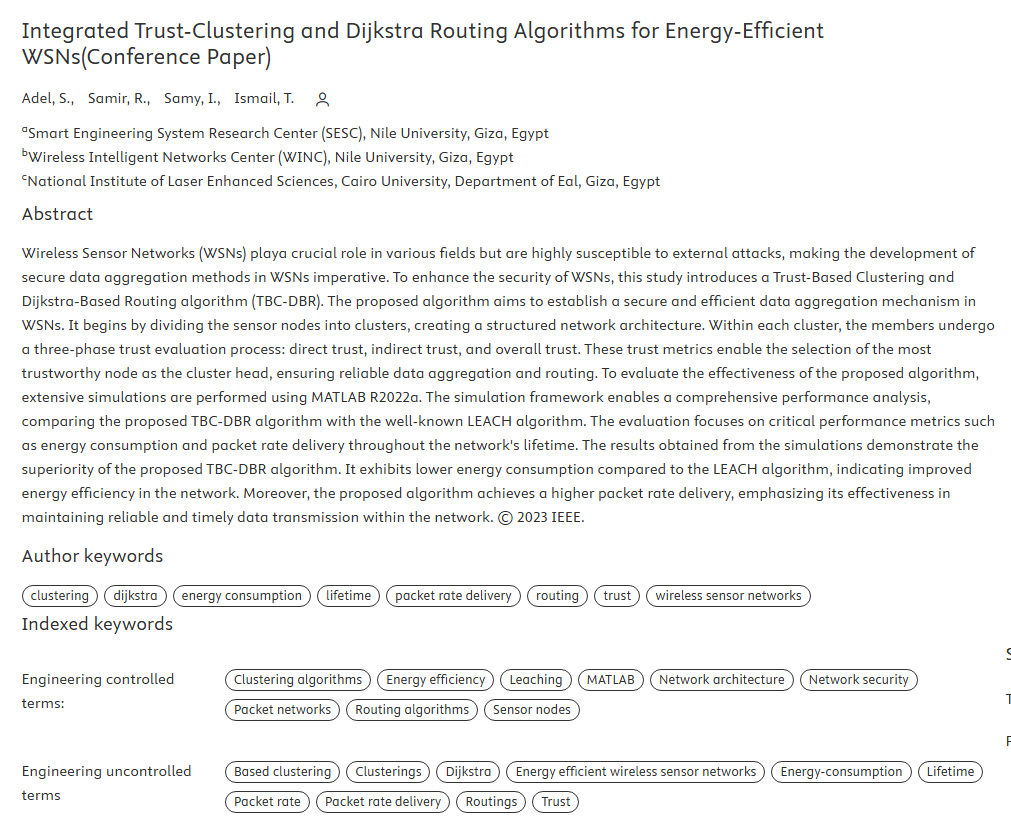
Integrated Trust-Clustering and Dijkstra Routing Algorithms for Energy-Efficient WSNs
Wireless Sensor Networks (WSNs) playa crucial role in various fields but are highly susceptible to external attacks, making the development of secure data aggregation methods in WSNs imperative. To enhance the security of WSNs, this study introduces a Trust-Based Clustering and Dijkstra-Based Routing algorithm (TBC-DBR). The proposed algorithm aims to establish a secure and efficient data aggregation mechanism in WSNs. It begins by dividing the sensor nodes into clusters, creating a structured network architecture. Within each cluster, the members undergo a three-phase trust evaluation process
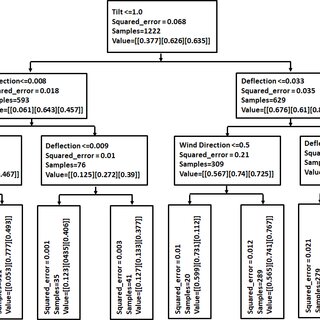
Stability Analysis and Fault Detection of Telecommunication Towers Using Decision Tree Algorithm under Wind Speed Condition
This paper presents a decision tree (DT) modeling technique to estimate any increase in the load on telecommunication towers. A structural analysis was done for the lattice and mono-pole towers using TNX Tower software to determine the basic features of the towers, such as tilt angle, deflection, twist, and acceleration. The structure analysis generated a data set based on wind speeds. This data set was then used to train a machine-learning algorithm to estimate the loads on the structure. Any change in the applied loads greater than the loads considered in the design might be identified using

Enhancement of Organic Solar Cell Absorption by ZnO and LiF Insertion within the Active Layer
Optical performance enhancement of organic solar cells is crucial to achieve high power conversion efficiency. The active layer is the only layer that is of interest. A modified active layer of P3HT:PCBM with nanoparticles of ZnO and LiF are embedded in the active layer. The optical outcomes showed an increase in the absorption by 4.67% compared to the case without ZnO and LiF. Spacing between ZnO and LiF along with their dimensions are important to absorption enhancement. Compact spacing between ZnO and LiF inhibits light absorption due to large reflection. A maximum increase in current by 17
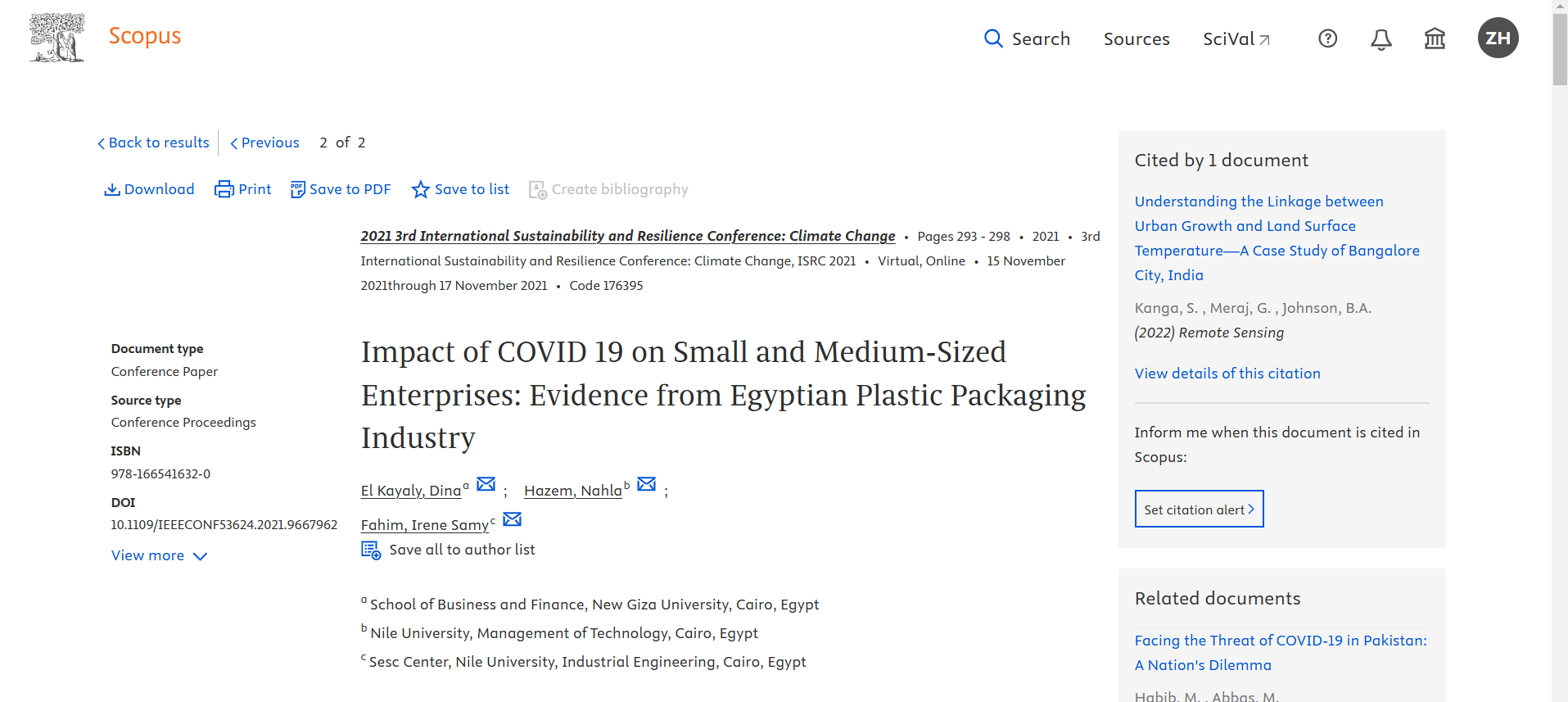
Impact of COVID 19 on Small and Medium-Sized Enterprises: Evidence from Egyptian Plastic Packaging Industry
The paper presents the impact of COVID 19 on small-and medium-sized enterprises and the survival initiatives based on the owners' perspectives. The authors focused on plastic packaging small and medium size producers working in Egypt as a case study. The study applies qualitative approach conducted through phone-based interviews with five selected SMEs' and also supported by desk research and followed by three experts' interviews with professionals working at the ministry of environment in Egypt. The paper finds that SMEs working in the plastic packaging in Egypt were hit significantly by
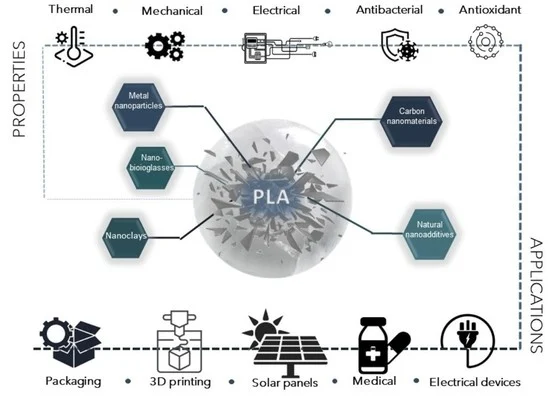
Polylactic acid-based bionanocomposites: Synthesis, properties, and applications
The awareness of the severe environmental consequences of petroleum-based plastics has expanded globally. Therefore, academic and industrial researchers have been extremely encouraged to investigate replacing traditional petrochemical-based plastic products with biobased and biodegradable alternatives in order to minimize fossil fuel consumption. Among the biopolymers available nowadays, polylactic acid (PLA) is one of the tops produced and seems to be a promising candidate to commercially replace many nondegradable polymers. Although PLA offers comparable mechanical properties, inherent

Exploring the potential of incorporating plastic waste, textile sludge, and construction and demolition waste into concrete: a comparative study
Waste is considered a significant environmental issue in modern times thus the purpose of this paper is to compare the use of different waste materials in replacing aggregates in concrete. This study investigates the potential of incorporating plastic waste (PW), textile sludge (TS), and construction and demolition waste (CDW) into concrete as sustainable alternatives to traditional construction materials, by evaluating its mechanical, durability characteristics as well as the cost related to different process of the project. The study focuses on the use of PW and TS as a replacement for fine
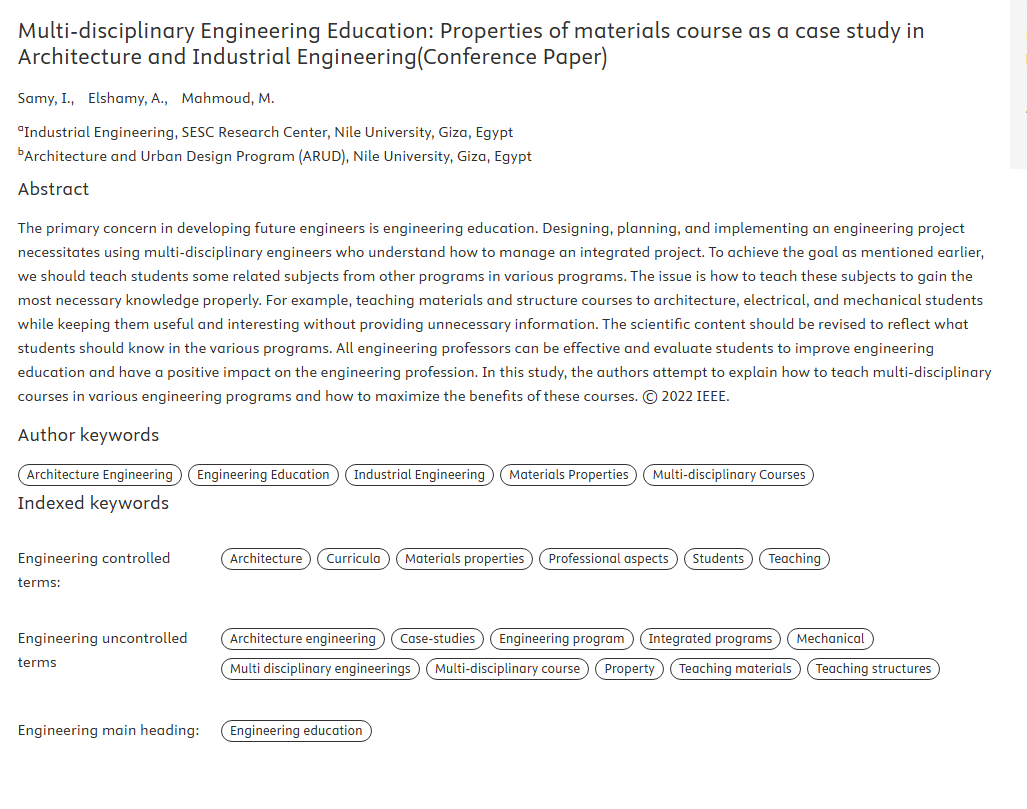
Multi-disciplinary Engineering Education: Properties of materials course as a case study in Architecture and Industrial Engineering
The primary concern in developing future engineers is engineering education. Designing, planning, and implementing an engineering project necessitates using multi-disciplinary engineers who understand how to manage an integrated project. To achieve the goal as mentioned earlier, we should teach students some related subjects from other programs in various programs. The issue is how to teach these subjects to gain the most necessary knowledge properly. For example, teaching materials and structure courses to architecture, electrical, and mechanical students while keeping them useful and